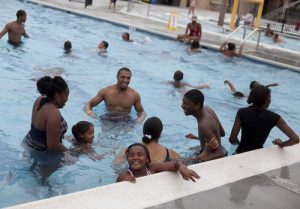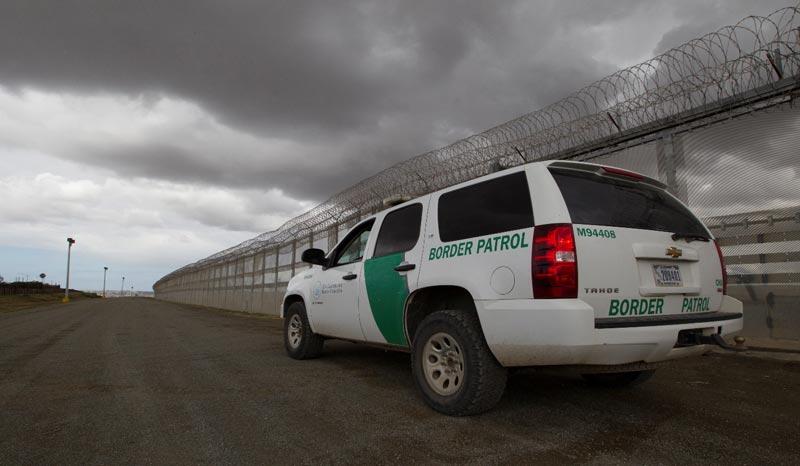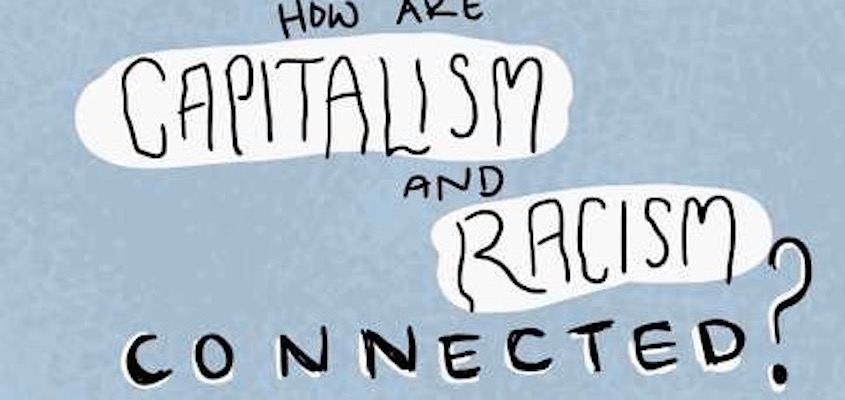(ThyBlackMan.com) According to the CDC (Centers for Disease Control and Prevention), 4,000 people in the United States drown each year. African Americans drown at a rate considerably higher than whites, nearly six times. While considering the disparity rate between races in this country, for things like salary and funding for entrepreneurs, the ability to swim literally becomes a life and death matter. Memes and longtime stereotypes in and out of the black community often point to two reasons why “a lot” of black folks can’t swim: the Transatlantic slavery commotion which took millions from their rightful homes and forced them over brutal waters to a nightmarish outcome and the idea the black folks (most specifically women) not wanting to get our hair wet.
Maybe there is some residual spiritual affect on the collective black psyche that prevents many from wanting to learn how to wade in the water. And yes, perhaps, many sistas steer clear of pools when they just got their hair hooked up. But is there more to the stigma that black folks don’t swim?
For some background on the question, looking through a racial lens is key. First, resources and luxuries in black communities in the United States, including access to things like higher education, higher paying jobs, and yes, municipal swimming pools, have historically been narrow at best when compared to white and other non-black contemporaries. Secondly, the vast period of legal (and continuing, illegal) segregation kept blacks away from white establishments like restaurants and shopping locations. Interestingly, pools in the 50’s and 60’s became another place of protest for fearless blacks, and their supportive counterparts.
In places like Biloxi, Mississippi and St. Augustine, Florida, common black folks with a message of integrating and equality, kept into pools and protest with vigor and nonviolence. More recently, in Indianapolis just last year, a white woman who managed an apartment complex, confronted a black male resident, and demanded he leave the area. Police were called and ultimately the woman was placed in administrative leave. Similar incidents in North Carolina, Memphis, Philadelphia, and South Carolina, many involving children have taken place in the past several years.
So, would it be fair to point to racism as a major factor? Partly, yes. Something key to note to is tradition. Culture and traditions in families are often passed down, good and not so good. So part of the responsibility can be held with parents. My brother Nate is a great example. Although many of my siblings know how to swim, Nate and I both don’t. We, however, had many resources because of our parents hard work, and opportunities to learn. Although my brother has yet to learn how to swim, he made sure that his daughter, my niece, learned as soon as she could. He sent her to classes at the neighborhood pool, where it was often encouraged to bring non swimmers in to learn.
Swimming is important. It could be the difference between life and death in instances. In conclusion, it’s history’s wickedness, indeed that typically discourages black folks from education among other things, even in something as simple as learning how to wade in the water. And yet, too, it’s our collective responsibility to hop in pools across the world and learn how to not just swim but to survive. It’s what we’ve always done: survive.
Staff Writer; Charles Foster Jolivette
This talented young man can also be found over at; The California Creole and also Charles Patreon Page.




















Leave a Reply